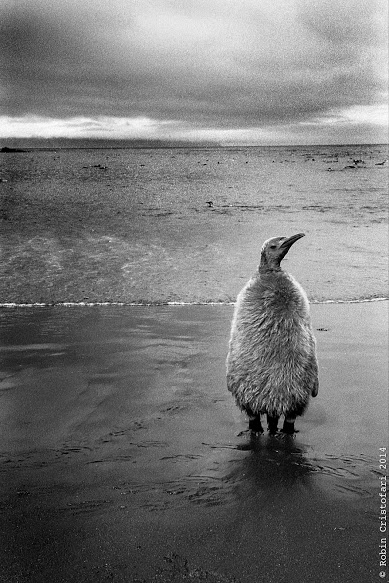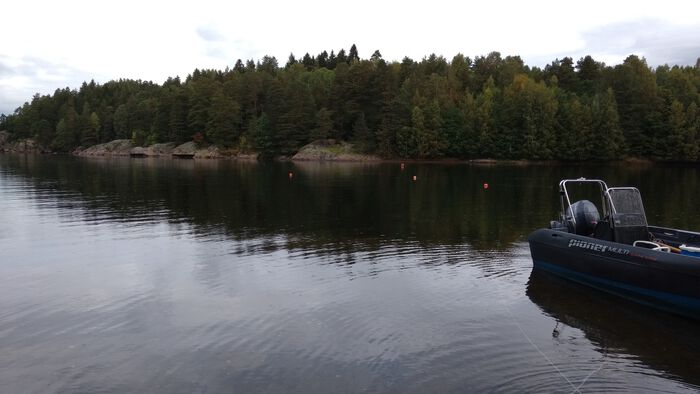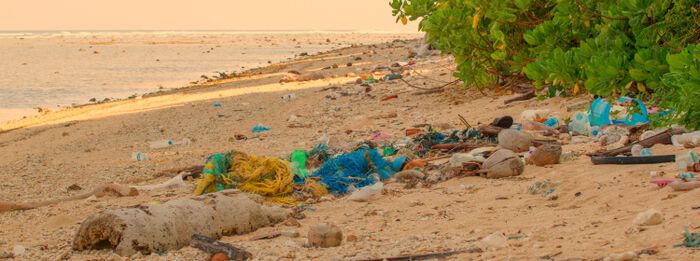Webpages tagged with «Ecotoxicology»
The life history of any given individual is defined by its ability to survive and reproduce over the course of its lifetime. Differences in life history traits can determine how animals acquire resources in the form of energy and allocate them towards different life history traits such as growth and reproduction. Most organisms store their energy within lipids and this becomes particularly important in the Arctic, where seasonal variation influences resource availability and energy utilisation. For example, during periods of limited prey availability, organisms may have to depend on internal energy reserves in order to sustain themselves through a winter season.
Energy release from lipid storages is especially important to consider when it comes to the bioaccumulation of contaminants. While some contaminants are associated with proteins, many contaminants are lipid soluble, including persistent organic pollutants (POPs).

Seabirds in Polar Regions are experiencing increasing environmental stress due to climate change and pollution. They also serve as indicator species for changes in the environment. But what do they tell us about how seabird populations are affected by contaminants and climate, and is the situation the same in Antarctica as in the Arctic?
.jpg?alt=listing)
Two interesting PhD positions available in the Human Impact: Pollution task of the Nansen Legacy project, one at UiO and one at UNIS.

Some of the species we work with are easiest attained before onset of winter. With summer rapidly coming to an end, Jan and I went to Drøbak this week to sample copepods and threespine sticklebacks.
.jpg?alt=listing)
22nd of August, Katrine, Danny and myself went for a short two-day trip of intensive networking in Sweden.

Plastics are materials widely used in almost all objects of everyday life. They are not biodegradable but undergo weathering, resulting in the release of very small plastic particles called microplastics. The environmental impacts of these particles are still poorly understood and this project seeks to find out more about the harmful impacts in marine organisms.



